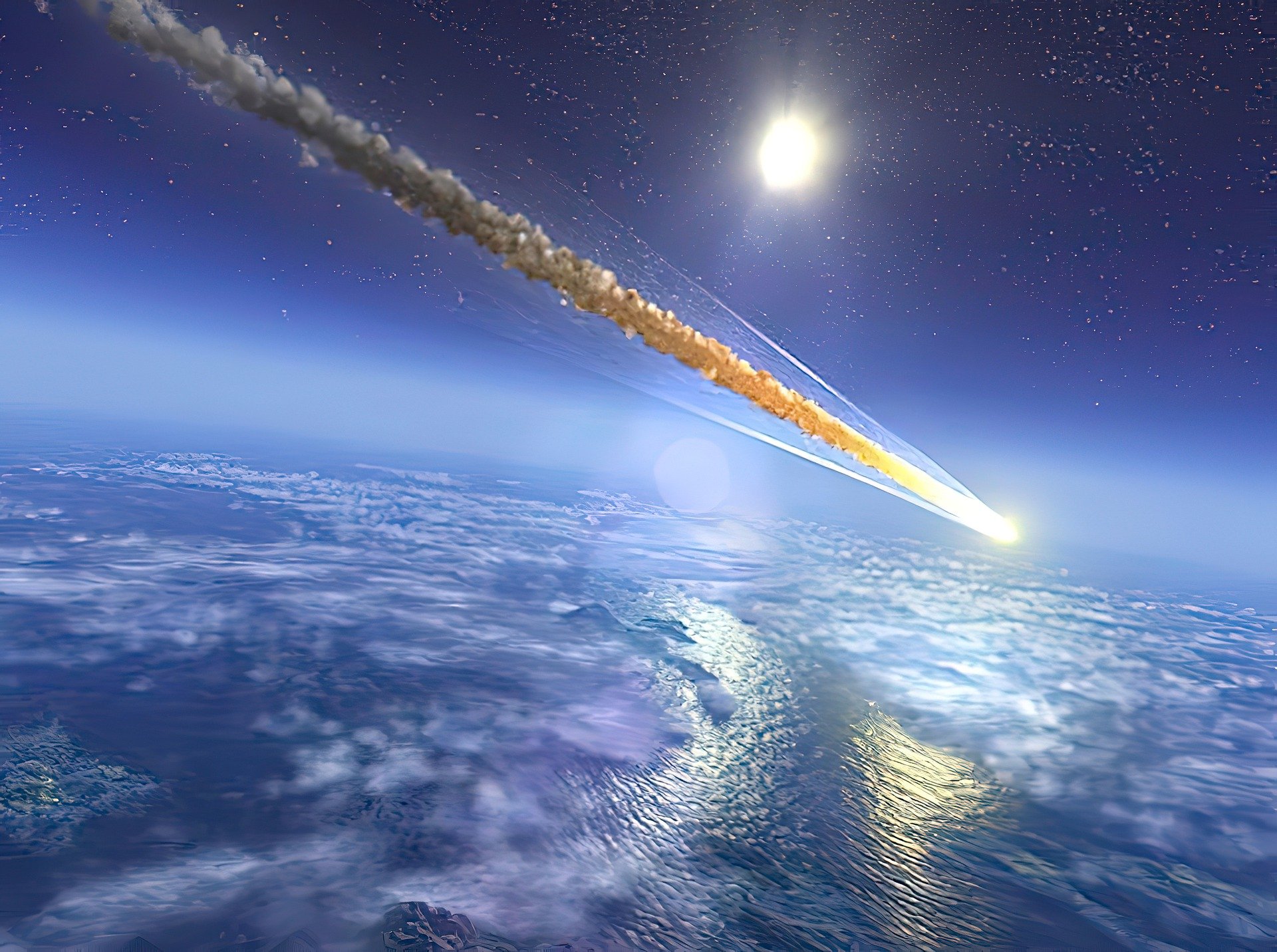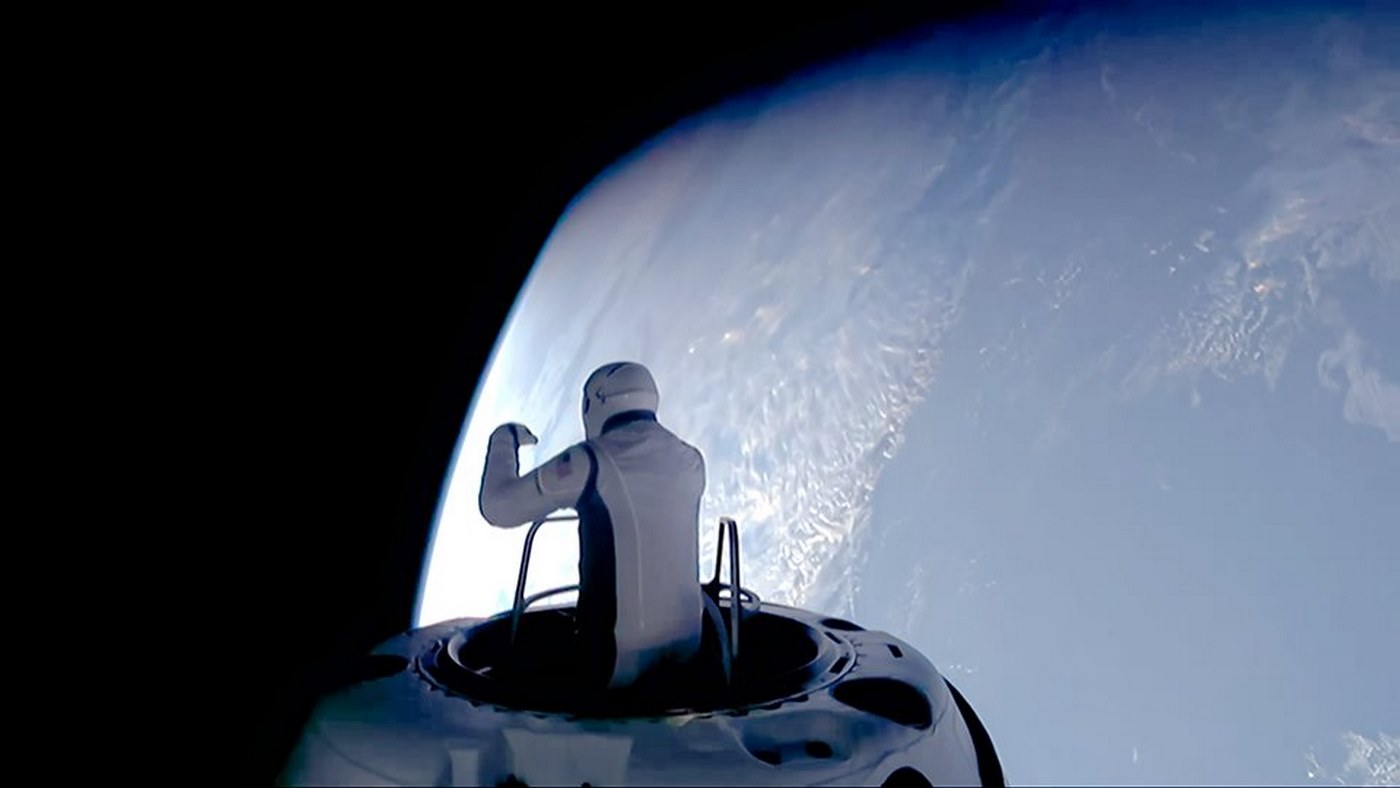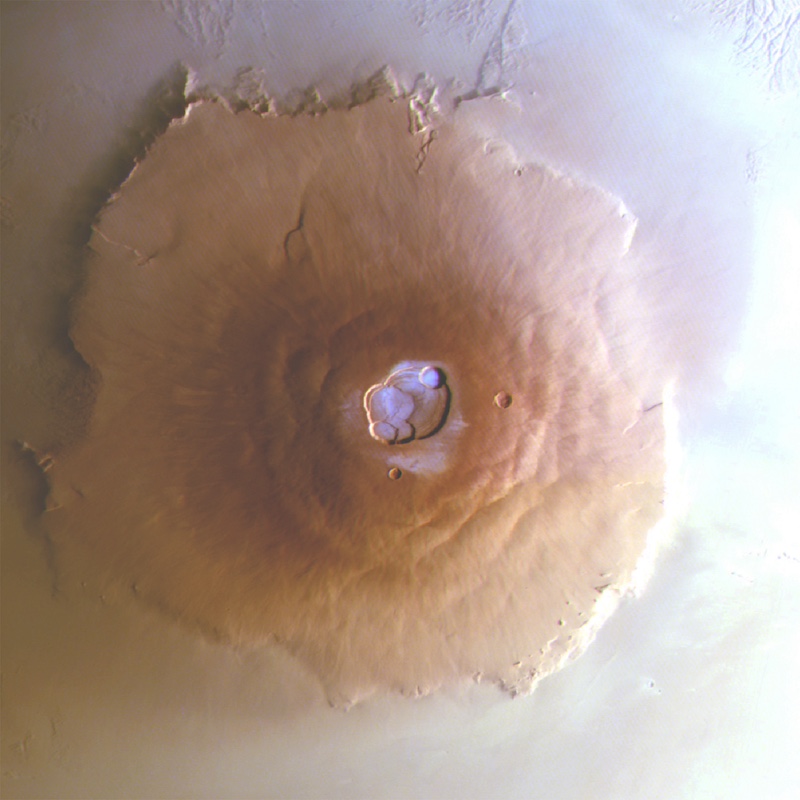In 2014, an object around 1.5 feet across came screaming into the skies above Papua New Guinea before blowing up and dropping its solid remains into the ocean.
This was the first identified object to have originated from outside the solar system, 4 years before that title went to Oumuamua, a some-say-pancake-shaped, some-say-cigar-shaped object which astronomers detected in 2018.
Harvard astronomers Dr. Amir Siraj Dr. Abraham Loeb were inspired by Oumuamua, and began to look through a NASA database of objects that come near Earth to see if any of them had the interstellar hallmarks of Oumuamua. About 1,000 impacts by “fireballs” are logged in the Center for Near Earth Object Studies, at NASA’s Jet Propulsion Lab, and this 2014 fireball caught Siraj’s eyes.
The database uses U.S. government sensors to make these detections, which Loeb and Siraj subsequently used to formulate a paper in 2019 to retroactively designate it the first interstellar object detected by humans. However their paper was never published nor passed peer review, since it failed to contain classified information U.S. Space Command’s atmospheric sensors which are used for national security purposes.
Specifically, they blocked the release of the uncertainty in the measurements gathered by their sensors, in other words how certain is it that the reported data was correct. This seemingly minor detail, the refusal to release certainty calculations, put the paper on ice for 3 years.
Now this has come up in a memo released from Space Command that confirms what Siraj and Loeb had predicted—that the speed of the tiny meteorite, 130,000 miles per hour, was much too fast to have originated in our solar system, and that it almost certainly came from outside.
The hypothesis is that it originated from “the deep interior of a planetary system or a star in the thick disk of the Milky Way galaxy.”
“The interstellar meteor discovery is significant in that it used the Earth as a fishing net, and [that] we could potentially put our hands on its relic and examine it in a laboratory,” Dr. Loeb told WaL.
Bureaucracy block
Siraj’s attempts to request declassification for the material, in order to try and mobilize the scientific community to retrieve the remains that fell into the ocean, or data from other observatories to perhaps understand better the material of the object, turned into “a whole saga,” the astronomer told Vice, reporting on the story.
6/ “I had the pleasure of signing a memo with @ussfspoc’s Chief Scientist, Dr. Mozer, to confirm that a previously-detected interstellar object was indeed an interstellar object, a confirmation that assisted the broader astronomical community.” pic.twitter.com/PGlIOnCSrW
— U.S. Space Command (@US_SpaceCom) April 7, 2022
The tweet above was news to Siraj, who saw it in the same moment as Space Command reported it to the whole world. Siraj then quickly tried to revive the process of publication, if nothing else, to try and encourage science to pick up where the government cut he and Loeb off. He told Vice that for the opportunity to find the first interstellar meteorite, despite the challenges of plumbing the deaths of the Pacific for disparate shards without knowing where to look, was probably still worth it.
“It would be a big undertaking, but we’re going to look at it in extreme depth because the possibility of getting the first piece of interstellar material is exciting enough to check this very thoroughly and talk to all the world experts on ocean expeditions to recover meteorites,” Siraj told Vice.
“In the future, astronomers may establish an alert system that triggers follow-up spectroscopic observations to an impact by a meteor of possible interstellar origin,” Loeb wrote after Space Command broke the story.
“Alert systems already exist for gravitational wave sources, gamma-ray bursts, or fast radio bursts at the edge of the Universe. Even though interstellar meteors reflect our immediate cosmic neighborhood, they offer fascinating new information about nurseries which may be very different from the Solar System”.



